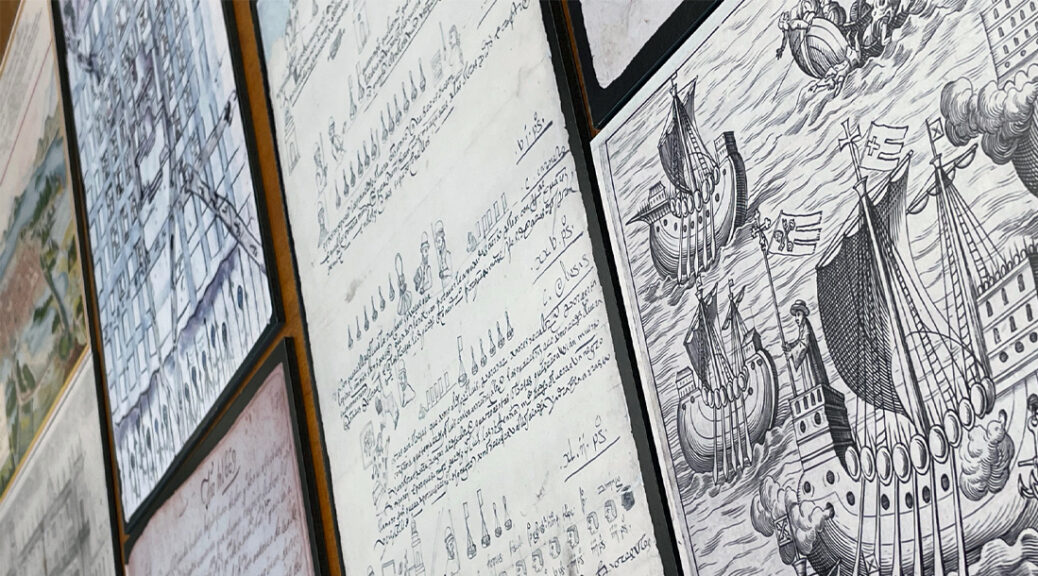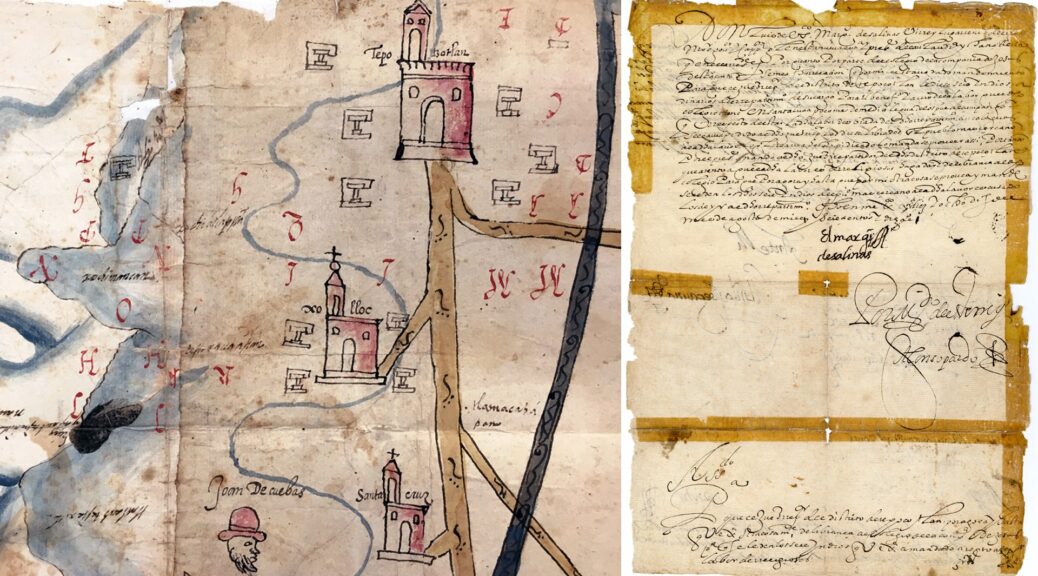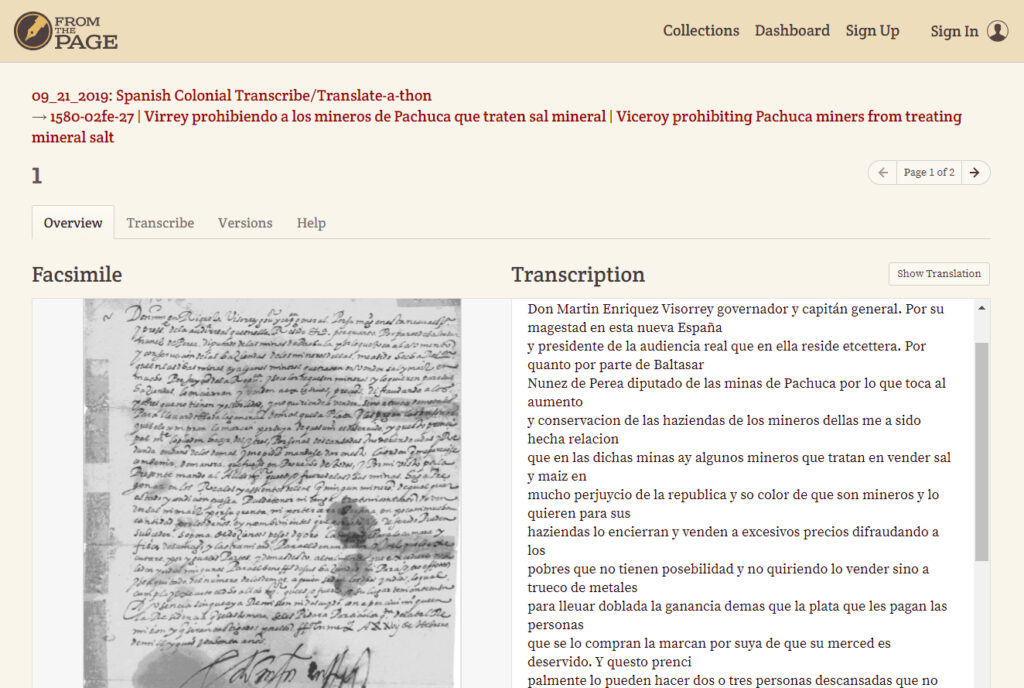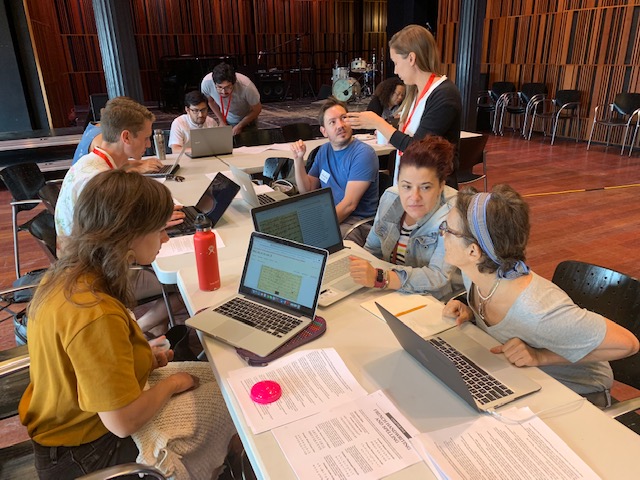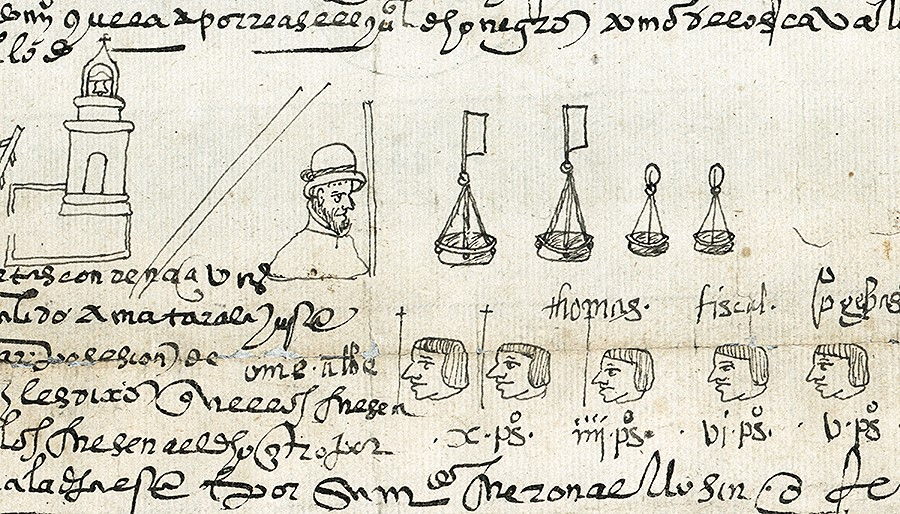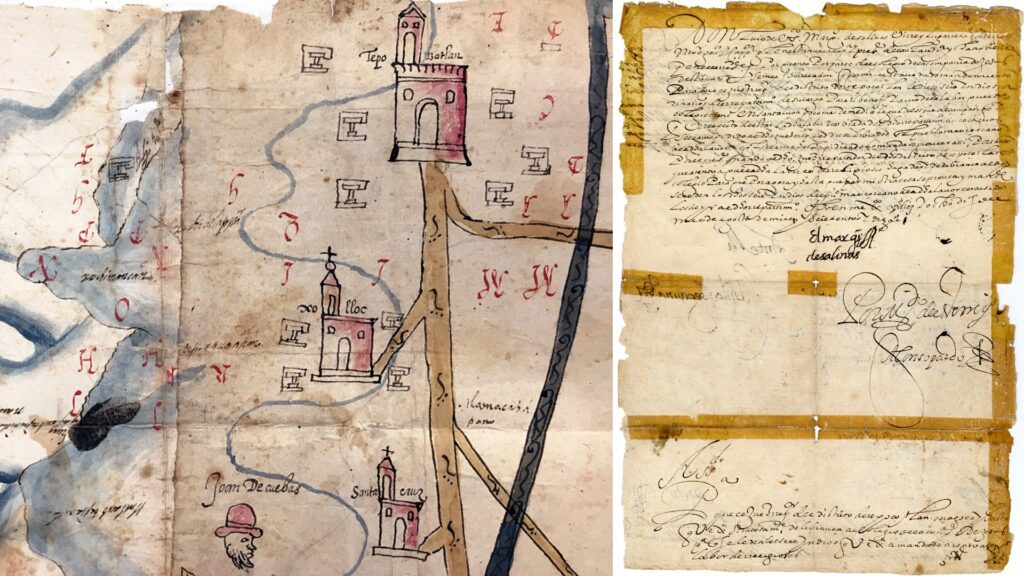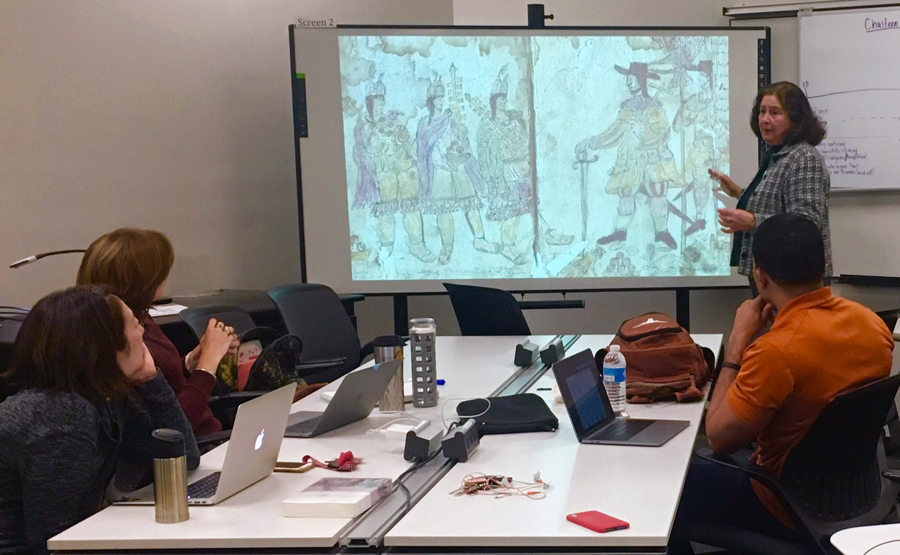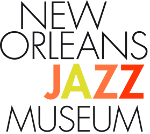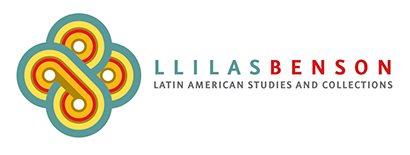BY ALBERT A. PALACIOS, PhD
It was a doozy of a summer for the LLILAS Benson Digital Scholarship Office. Thanks to a Department of Education National Resource Center grant, we had the distinct opportunity to share some of the Benson Latin American Collection’s Spanish colonial treasures with a few communities outside of UT Austin. In a traveling exhibit titled A New Spain, 1521–1821, the reproduced materials demonstrated the cultural, social, and political evolution of colonial Mexico.
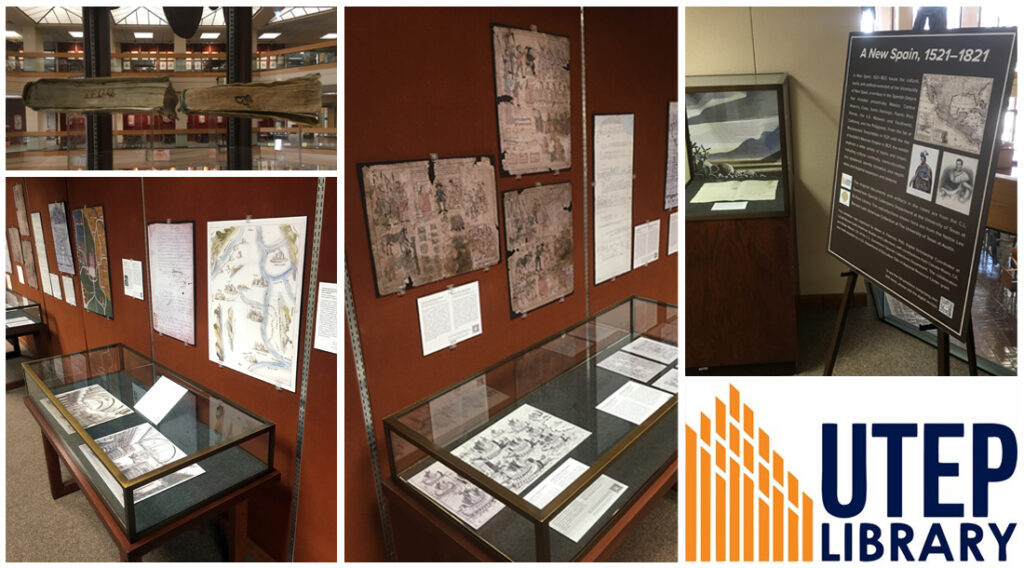
We were fortunate to continue our longstanding partnership with the University of Texas at El Paso (UTEP). In collaboration with Claudia Rivers and Abbie Weiser at the C.L. Sonnichsen Special Collections Department, we put together an exhibit that highlighted Spanish colonial holdings from both libraries, providing both a hemispheric and local perspective. To broaden the impact of the collaborative effort, we also organized an accompanying series of workshops based on the materials for social studies teachers, colonialists, and archival professionals in the El Paso–Las Cruces (NM) region.
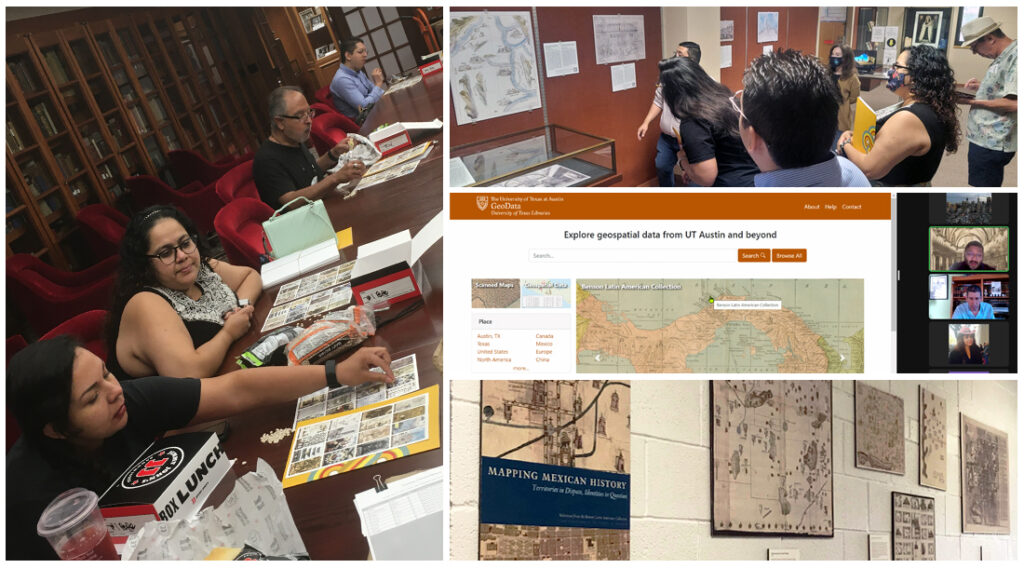
We kicked off the programming with a two-day intensive training for teachers from El Paso and Clint independent school districts. The workshops started onsite at UTEP’s library with a curator’s tour, a lunchtime loteria game based on the exhibit, and an in-depth look at Indigenous and Spanish maps from a previous traveling exhibition, Mapping Mexican History. By the end of the day, teachers were able to take home the facsimile Mapping items, some of which are on display this fall at Horizon High School.
The second day of workshops went fully online. One of our 2022 Digital Scholarship Fellows, Dr. Diego Luis, shared an interactive simulation he designed based on an inquisitorial case archived at the Benson to teach about Afro-descendant colonial experiences. We then showcased lesson plans we developed with UT Austin’s Department of Curriculum and Instruction on the navigation of gender roles in New Spain. To wrap things up, we provided the teachers with a survey of digital resources at UT Austin and digital humanities tools they can use to teach about colonial Mexico in their class.
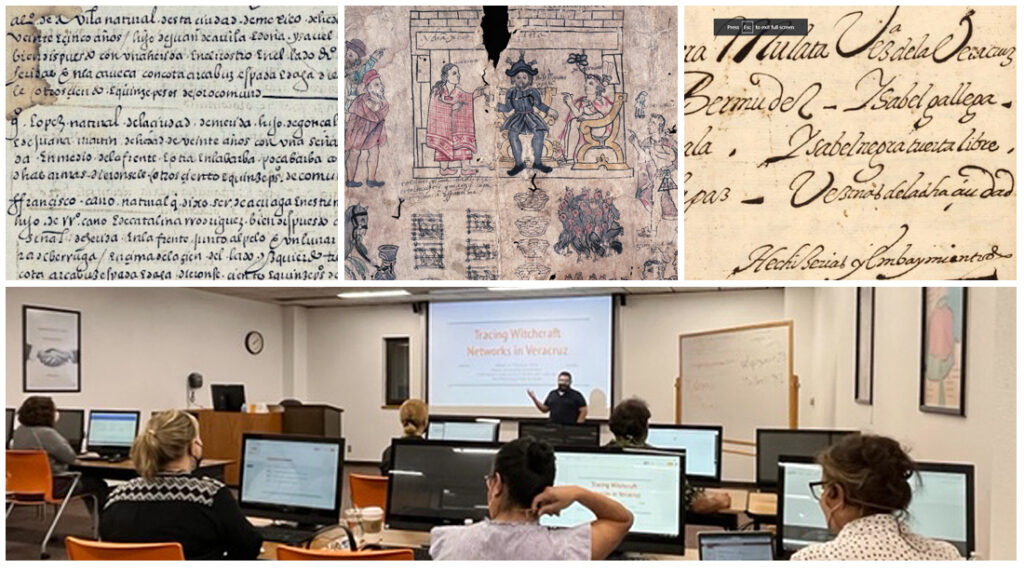
On the final day, we shifted gears and led a series of digital scholarship workshops for local scholars. Students, faculty, and cultural heritage staff from the University of Texas at El Paso and New Mexico State University Library powered through three sessions that provided them with practical training in the visualization and analysis of Spanish colonial materials using various digital tools. Attendees learned to annotate various colonial texts and images, map the origins of New Spain’s soldiers, and visualize the networks of Afro-descendant hechiceras, or women casting incantations, in Veracruz.
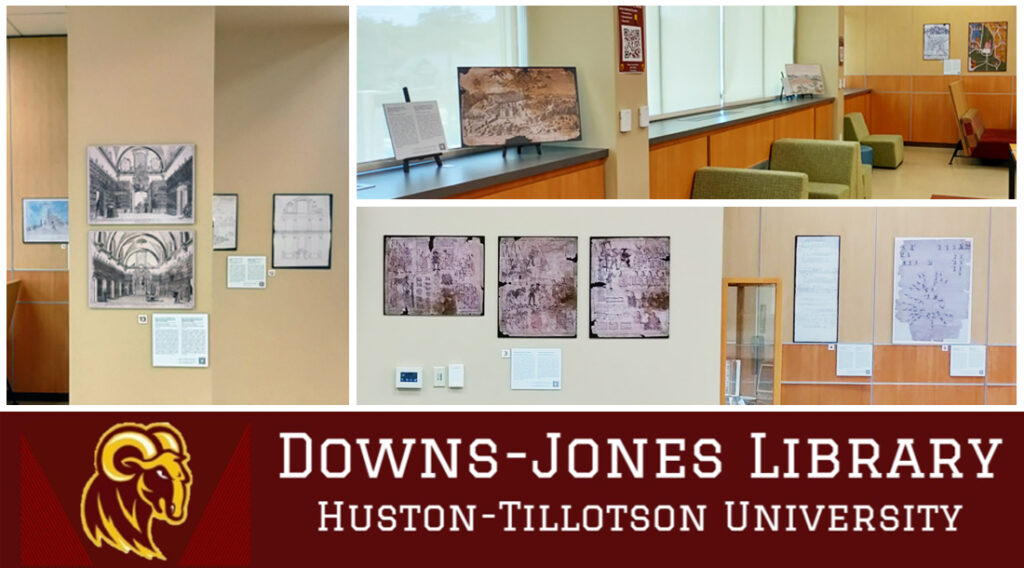
Upon our return to Austin, another one of our partners, Huston-Tillotson University, graciously agreed to host the traveling exhibit. Thanks to Technical Services & Systems Librarian Katie Ashton, the history of colonial Mexico we put together went up on the walls of the Downs-Jones Library, and will remain there throughout the fall. For those who are not able to visit either installation, you can explore the digital version through our UT Libraries Exhibits platform.
Acknowledgements
This initiative would not have been possible without the support of the following individuals and sponsorships:
C.L. Sonnichsen Special Collections Department, The University of Texas at El Paso
- Claudia Rivers, Head
- Abbie Weiser, Assistant Head
Huston-Tillotson University
- Katie Ashton, Technical Services & Systems Librarian, Downs-Jones Library
- Alaine Hutson, Associate Professor of History
Tufts University
- Diego Javier Luis, Assistant Professor of History
Department of Curriculum and Instruction, College of Education, UT Austin
- Michael Joseph, Doctoral student
- Katie Pekarske, Master’s student
- Cinthia Salinas, Department Chair & Associate Dean for Equity and Inclusive Excellence
UT Libraries
- Brittany Centeno, Preservation Librarian
- Katherine Thornton, Digital Asset Delivery Coordinator
LLILAS Benson Latin American Studies and Collections
- Jac Erengil, Administrative Manager
- Tiffany Guridy, previous Public Engagement Coordinator (special thanks)
- Melissa Guy, Director, Benson Latin American Collection
- Ryan Lynch, Head of Special Collections
- Jennifer Mailloux, Graphic Designer (special thanks)
- Adela Pineda Franco, LLILAS Director & Lozano Long Endowed Professor
- Theresa Polk, Head of Digital Initiatives
- Megan Scarborough, previous Grants Manager
- Susanna Sharpe, Communications Coordinator (special thanks)
- Krissi Trumeter, previous Financial Analyst
Sponsors
- U.S. Department of Education National Resource Center Title VI Grant
- LLILAS Benson Collaborative Funds

